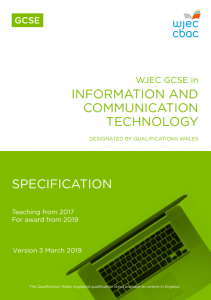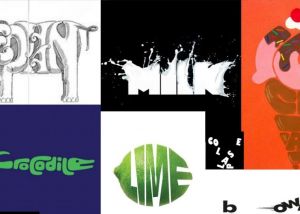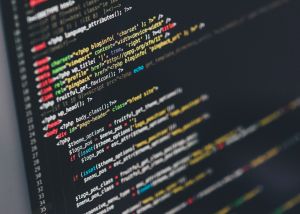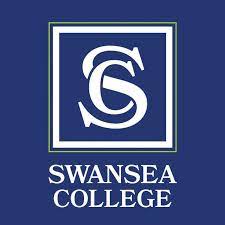Project Description
GCSE ICT Course
Exam board: WJEC
Exam code: 4330SA
GCSE ICT is a modern course in IT that places its emphasis on applications development using software such as spreadsheets, databases and the web. It helps pupils to develop skills in a range of packages and helps them to understand new technologies such as mobile technology, social networks and modern computer systems.
A student particularly well suited to this subject will be one hoping to extend their practical skills and develop their problem solving skills.
Why Study ICT?
GCSE ICT is not how you use technology but how it works and the effects it has not just on our daily lives but in everything from commerce and communication, to politics and the music industry.
It’s the way of the future for all careers – so whether you’re looking at heading towards business studies, fashion, engineering, graphic or game designing, health or the environment, you will need to know how ICT works and the impact it has.
What Will I Learn?
Look at current and upcoming technologies Look at what ideas and resources are needed to create the latest technology. You can explore companies such as
Apple, Sony, IBM and Google.
How to solve problems using ICT tools and techniques
You will look at the different stages of creating a new ICT tool from generating ideas to producing the tool or system.
You will look at a variety of ICT tools that interest you such as:
- Communication tools like Facebook and the Internet
- Control systems such as Sat Nav and business tools like Word Processing and Desktop Publishing
- Leisure activities like booking movie tickets and downloading music
- Even tools such as predicting natural disasters like earthquakes and tsunamis
The impact of ICT on society
You get to explore real life situations that ICT has an effect on legal, social, economic and environment areas. You can discuss personal effects of ICT including the growth of personal websites and social networks
Curriculum
This specification in GCSE ICT enables learners to:
- become independent and discerning users of ICT, able to make informed
decisions about its use and aware of its implications for individuals, organisations and society - acquire and apply creative and technical skills, knowledge and understanding of ICT in a range of contexts
- develop ICT-based solutions to solve problems
- develop their understanding of current and emerging technologies and their
social and commercial impact - develop their understanding of the legal, social, economic, ethical and
environmental issues raised by ICT - recognise potential risks when using ICT, and develop safe, secure and
responsible practice - develop the skills to work collaboratively
- evaluate ICT-based solutions.
This specification in ICT requires learners to demonstrate knowledge and
understanding of:
- current and emerging technologies and their impact on individuals,
organisations and society - a range of ICT tools and techniques and the ways they are used in different
contexts to develop ideas and solve problems - legal, social, economic, ethical and environmental implications of the use of
ICT for individuals, organisations and society, issues of risk, safety, security
and responsible use of ICT collaborative working.
This specification in ICT requires learners to demonstrate the ability to:
- think creatively, logically and critically
- select, use and integrate ICT tools and techniques to meet needs
- find, select and evaluate information for its relevance, value, accuracy and plausibility
- manipulate and process data and other information, sequence instructions,
model situations and explore ideas - communicate data and information in a form fit for purpose and audience
- adopt safe, secure and responsible practice when using ICT
- develop appropriate and effective ICT-based solutions in a range of contexts
- evaluate their own and others’ use of ICT
Assessment
This unitised qualification will be available in the summer series each year.
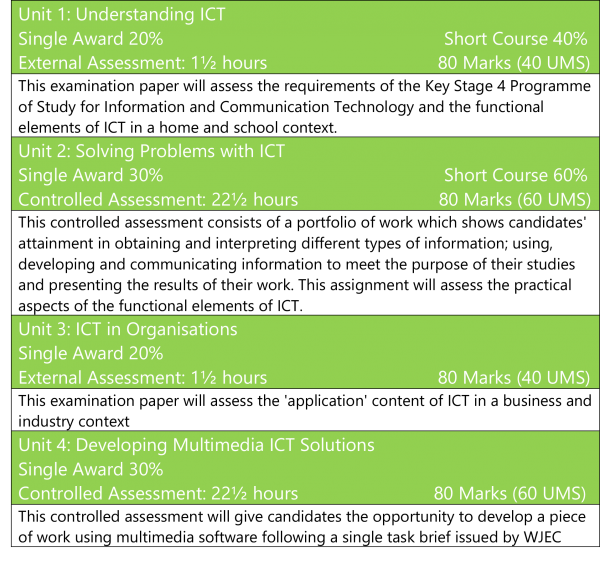
Exam Access Arrangements
Exam access arrangements allow candidates/learners with special educational needs, disabilities or temporary injuries to access the assessment without changing the demands of the assessment. For example, readers, scribes and Braille question papers. In this way, Awarding Bodies will comply with the duty of the Equality Act 2010 to make ‘reasonable adjustments’.
We can arrange access arrangements and assess you with our special assessor. The deadline for application to the exam board is the February of the year the learner sits exams.
To find out more about exam access arrangements click here
FAQs
SWANSEA COLLEGE GCSE COURSES
Have a question? Ask our virtual assistant on live chat below
or call us on 01792 535000 and speak to our experienced Student Adviser.

